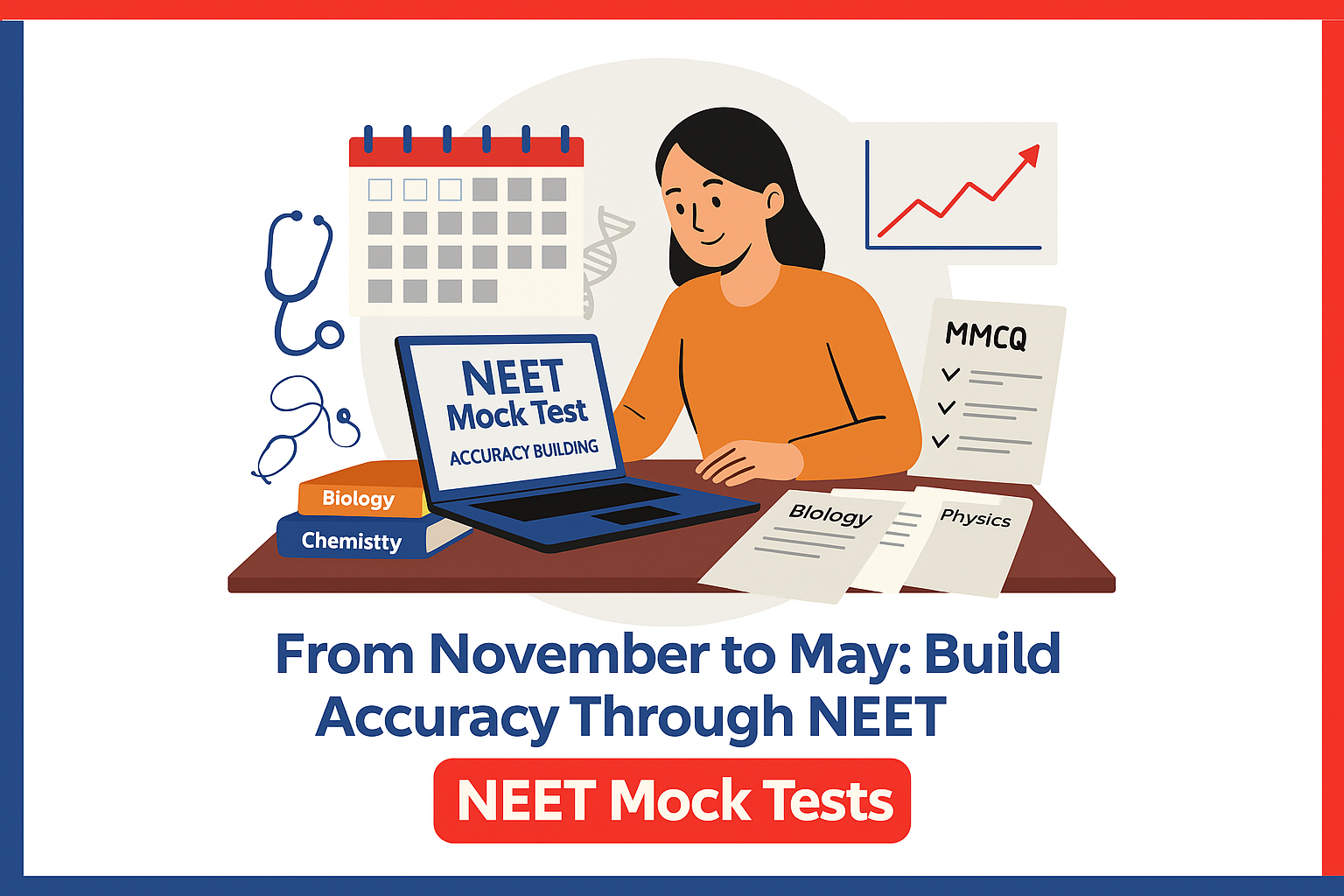
When it comes to preparing for government exams, there is one thing that no candidate can ignore, and that is current affairs. Whether you are planning for a banking test, SSC, railways, UPSC, or even state-level services, current affairs will always take up a significant part of the paper. Many students often give more time to reasoning, quantitative aptitude, or grammar, thinking these are more technical areas. But the truth is, current affairs is the section that can actually help you gain quick marks if you prepare it wisely.
The question then comes: how should you manage daily current affairs? Reading newspapers and magazines is important, but is that enough? And what about remembering so much information? This is where a proper daily routine and smart resources like Insight Monthly Current Affairs make a big difference. Let us go step by step to understand how you can build a habit of following current affairs in a way that actually works for your exam preparation.
BUY NOW: SSC CGL Online Mock Test Series | Practice Paper Sets | For 2025 Exam Preparation
Read More: How Many Months of Current Affairs Are Important for Government Exams?
Why Current Affairs Matters So Much?
Government exams are not just about knowledge; they also test how connected you are to the world around you. If you look closely at past year papers, you will see that questions on government schemes, economic policies, international agreements, sports, awards, and even environment-related updates are always present. For example, in a banking exam you may get asked about the latest RBI monetary policy. In SSC or state PSC, you might find questions about who won a recent sports tournament or who was appointed as the new Chief Justice.
This shows that examiners want to see if candidates are aware, updated, and able to link current news with the bigger picture. It also proves that ignoring current affairs is like leaving easy marks on the table. While reasoning or maths may take a lot of practice, current affairs is about daily consistency and memory. With regular effort, you can master it and stay ahead of thousands of other aspirants.
The Struggle Most Students Face
Even though almost everyone knows that current affairs is important, not many succeed in handling it well. The common reason is that news is scattered and endless. One day there are long debates on politics, the next day it is about entertainment gossip, and sometimes you spend time reading, but none of it turns out to be exam-relevant. This creates frustration.
Recommended Links:
SSC Previous Year Question Papers for 2025 Exam
Another issue is memory. Students often say, “I read the newspaper every day, but by the end of the month I don’t remember anything.” This is because there is no revision cycle and no clear notes. Without a system, information slips away quickly. Some also try to depend on many different sources and end up wasting time. That is why what you need is a daily guide that keeps everything simple, structured, and easy to recall.
Building a Daily Current Affairs Habit
The best way to prepare is not by reading everything under the sun but by making a smart plan. A practical daily routine can help you cover news in a short time while also leaving space for revision.
Start by picking one reliable source of news. It could be a national newspaper, a trusted website, or a digital magazine. Spend not more than forty minutes a day going through it. Your aim should be to identify only exam-relevant topics like schemes, government decisions, international reports, scientific developments, and economic updates. Avoid spending time on gossip or lengthy political arguments.
Once you finish reading, write a few short notes in your own words. Even five to ten sentences a day are enough. These notes should be quick reminders that you can look at later without needing to reread the whole article. At the end of the week, take one hour to go through everything you wrote. This small revision ensures that the information does not fade from your memory.
Now comes the most important part: linking daily notes with monthly compilations. This is where resources like Insight Monthly Current Affairs become extremely useful. Such compilations collect every important fact from the month in one single file. If you missed reading a day or forgot to note something, you can easily catch up from these monthly collections. Many toppers prefer this combination: daily short notes for regular memory and monthly compilations for final revision.
Making Current Affairs Stick in Your Memory
Reading alone is never enough. If you want to actually recall information in the exam hall, you need to make the facts stay in your long-term memory. The simplest way to do this is by revising again and again. Human memory works like layers. The more times you go over something, the deeper it gets stored.
You can also connect facts with stories. Suppose you are reading about a new space mission by ISRO. Do not just stop at the name and launch date. Try to connect it with earlier missions, the purpose behind it, and what it means for India’s space program. This way, the fact will stay in your head as a complete story, not just a line.
Another useful trick is to discuss current affairs with friends who are also preparing. Talking out loud about what you read forces your brain to organize the information. And finally, practice quizzes are essential. Solving even ten questions a day can test your recall speed and also highlight areas where you are weak.
A Simple Rule to Follow
If all this feels heavy, remember one small rule. Current affairs is not about reading for hours; it is about being regular. Even thirty minutes a day, if done consistently, is enough to master this section. Along with that, one revision cycle every week and one full review with monthly compilations will put you in a very strong position.
Here is the golden sequence that most successful candidates follow:
- Daily short reading and note-making
- Weekly revision of notes
- Monthly revision using a compilation like Insight Monthly Current Affairs
With this, you will not only remember better but also reduce the stress of last-minute preparation.
Final Thoughts
Preparing for government exams is a long journey, and every subject needs attention. But current affairs is the area where you can make the biggest improvement with the smallest effort, provided you are regular. By setting a daily habit, making short notes, revising weekly, and depending on trusted compilations like Insight Monthly Current Affairs, you can turn this subject into one of your strongest areas.
Do not try to read everything at once or depend on too many sources. Keep it simple, stay consistent, and practice recalling. If you follow this daily current affairs guide with discipline, you will find yourself answering questions in the exam with confidence and accuracy.
In the end, success in government exams is not about who studies the hardest but about who studies the smartest. Current affairs is the perfect example of this truth.













